What are the important things to teach a new puppy or a new dog? When I asked this question on Facebook, these are the most popular responses that I received: Settle, walk on a loose lead, recall, sit, be sociable with people, dogs etc. Whilst these are great behaviour to teach a puppy, they rely on foundations, none of which were mentioned in the responses I received. I wonder why that was? Have we, as dog trainers, forgotten the core foundation as we just focus on behaviours that we want the dogs to earn? Are we focussing too much on making dogs fit into our human world and no focussing on the essentials that a puppy needs to learn alongside these ’essential’ behaviours?
I think we are, and that we have lost sight of what a puppy really needs to learn. What would my list look like? Well, good question. My core foundations are teaching the puppy that I am a safe place and that I will protect them and support them, and that I will advocate for them when we are out and about. I want them to learn that being with me is so much fun. I want them to learn that learning is great fun and that we play fabulous games so that training doesn’t seem like training. I want them to learn resilience, most of which they will learn from the previous foundations that I’ve listed. I want them to explore new environments and surfaces with confidence and in their own time. I want them to learn that travelling is enjoyable and means new places and new experiences.

Why haven’t I listed things like socialisation and teaching them to settle, loose lead walk and recall. Well, I actually have as those things will develop as I work on these core foundations. Remember that socialisation is exposure to stuff, not interaction with it; it is about the puppy seeing people, dogs, other animals, traffic and learning that it is a neutral thing, nothing to be worried about and nothing to get excited about. It doesn’t means that your puppy needs to interact with every person they meet nor do they have to play with every dog that they meet. That isn’t socialisation and is, in fact, setting the puppy up to have a poor recall and poor leash skills
I spend a lot of time teacing the puppy that we can play games with toys (chase, retrieve and tug) as well as food games and personal play games, where it is just me and the pup. I teach them that hands are fabulous and give smooches, cuddles and strokes.
Bug was also taught what various marker meant and that her toy/food would be delivered in various places (to her, for her to chase, for her to catch, in a dish/place) and that the marker differntiated which reward and where and how it would be delivered/presented.
By teaching the puppy that we are fun to be with, we will end up with a puppy that wants to be with us, that will have an awesome recall and wants to hang around with us (loose lead walking). If we support our dog whilst exposing them to people, animals, sounds and other environmental stimuli, then we will have a robust dog that recovers quickly when startled and is resilient when things go wrong. They have what I call god bounce back. Failure does not upset them, they just chalk it up to experience and move on.
Socialising our pups is a passive process, it just involves exposure. It is not an operant process…it isn’t a case of ‘there’s a person, have a cookie’. That isn’t socialisation. Food shouldn’t need to be paired with socialisation. I’ve no idea where and why this habit even started. I’ve written about socialisation before, so I’ll not go further in to this yet. Read thiese bog posts Keep those experiences positive and Socialised or sociable
My foundations start as soon as the pup comes home. They sleep near me (or with me) and if they cry, they are comforted and I get up and see if they need to go for a wee, before we all settle back down again. Makes for fast house training and pups soon learn to sleep through the night and even more importantly, to go back to sleep once you have woken up! My pups are usually fully housetrained by 10-12 weeks of age.

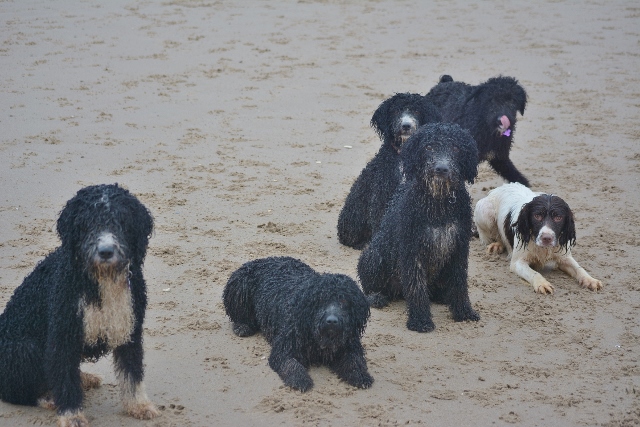

 Then there is good old Habitutation. Basically, this just means being exposed to something and getting used to it. It should be a none (neutral) event really, with no positive or negative emotional responses. I used to live in a house next to a church with a chiming clock. When we first moved in, I heard that darn clock chime very quarter of an hour. It didn’t take long for that sound to become just background noise and I had to really listen for that clock chiming if I wanted to check the time. The same happens with people that live next to busy roads or next to a railway line. Allowing a dog to explore an environment before asking them to work is a form of habituation (or acclimatisation). The more environments they are used to being in, the faster they will habituate to new ones.
Then there is good old Habitutation. Basically, this just means being exposed to something and getting used to it. It should be a none (neutral) event really, with no positive or negative emotional responses. I used to live in a house next to a church with a chiming clock. When we first moved in, I heard that darn clock chime very quarter of an hour. It didn’t take long for that sound to become just background noise and I had to really listen for that clock chiming if I wanted to check the time. The same happens with people that live next to busy roads or next to a railway line. Allowing a dog to explore an environment before asking them to work is a form of habituation (or acclimatisation). The more environments they are used to being in, the faster they will habituate to new ones.






 Although our dogs do need to learn to cope with frustration, because they, like children, can’t always have what they want when they want it, what we don’t want to do is build frustration into their training. If we see frustration increasing, then we need to Stop, Re-evaluate and Adjust what we are doing as well as teaching the dog how to self-sooth/calm down. They don’t come ready programmed with knowing how to do this, we need to help them, just like we would do with a child.
Although our dogs do need to learn to cope with frustration, because they, like children, can’t always have what they want when they want it, what we don’t want to do is build frustration into their training. If we see frustration increasing, then we need to Stop, Re-evaluate and Adjust what we are doing as well as teaching the dog how to self-sooth/calm down. They don’t come ready programmed with knowing how to do this, we need to help them, just like we would do with a child.

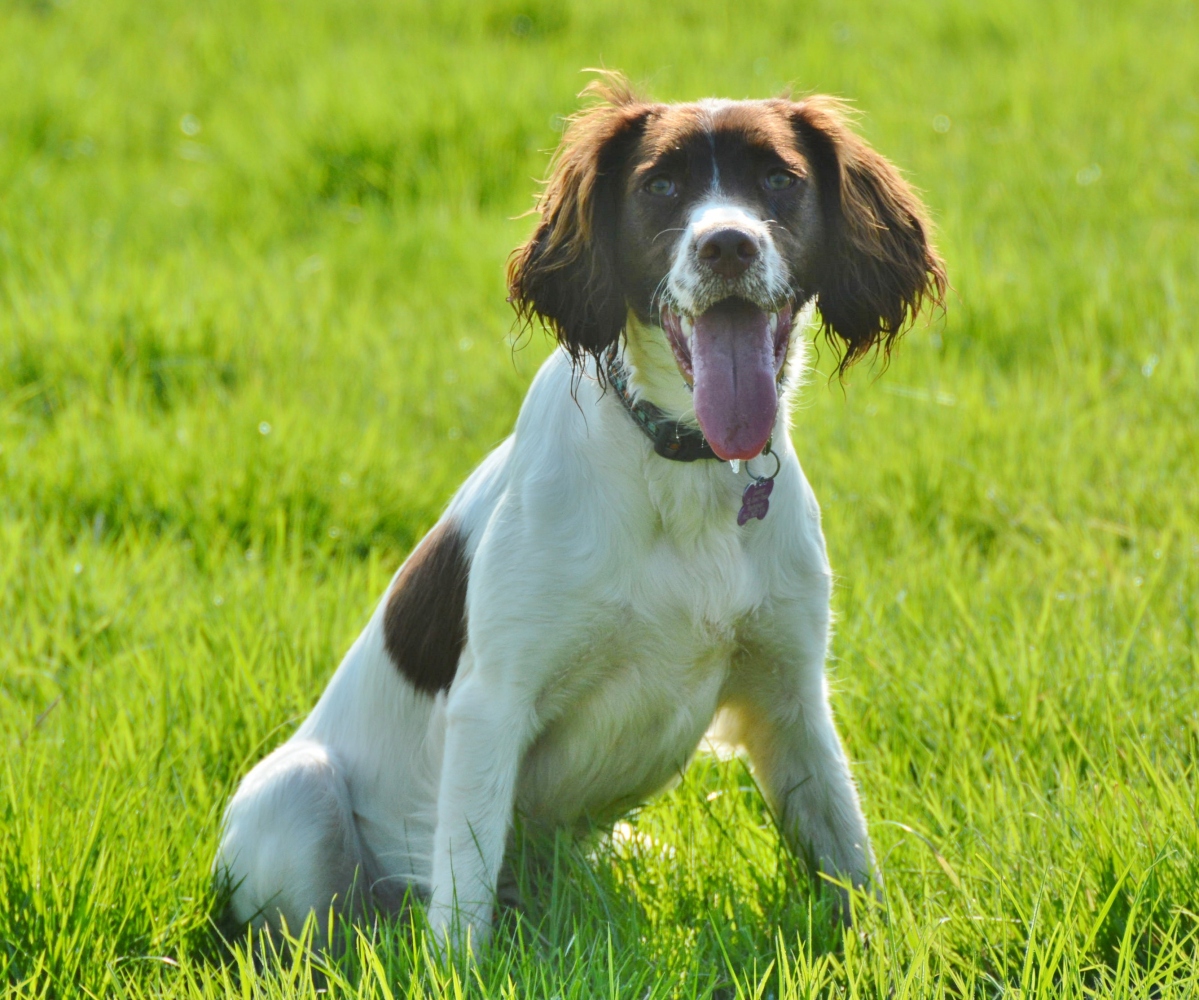
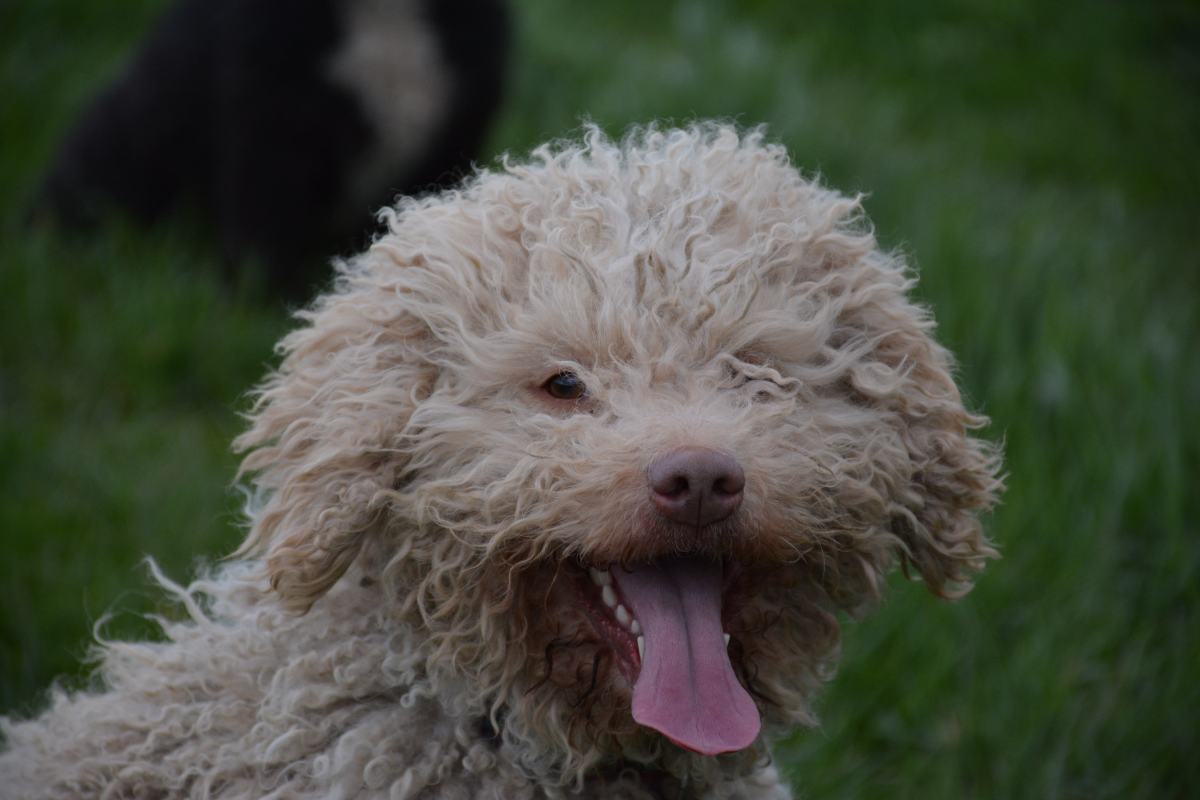
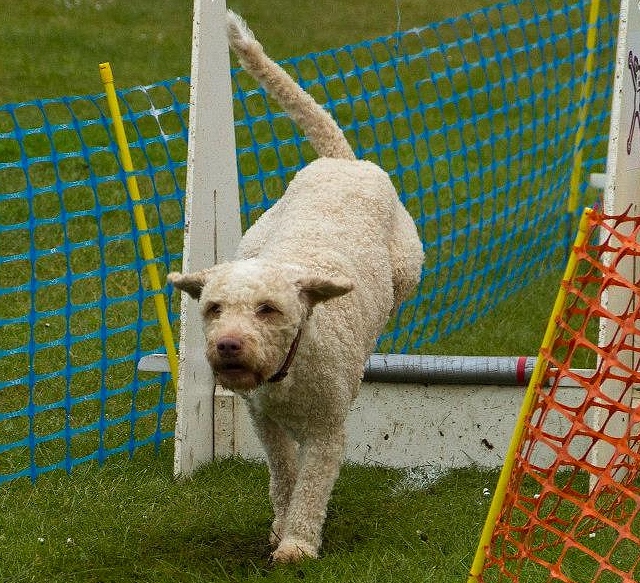 I no longer think of Leon as a reactive dog, he has his own circle of friends, he is safe to be let off lead around people and dogs and has ended up being a fabulous dog who has helped many troubled pooches to settled into my home and to teach them how to trust people/dogs and how to communicate and play. Yes, he is still special and I still don’t allow folks to touch him unless Leon invites them to, but I can relax when I walk him, I’m no longer hiding behind cars, finding secluded places to walk him or telling folks to keep away. He has raced in flyball for me (gaining his BFA Flyball Dog award), gained his Gundog Club Grade 1 and gained Bronze and Silver levels of the Kennel Club’s Good Citizen Dog Scheme. I know what makes him tick and I love him warts and all.
I no longer think of Leon as a reactive dog, he has his own circle of friends, he is safe to be let off lead around people and dogs and has ended up being a fabulous dog who has helped many troubled pooches to settled into my home and to teach them how to trust people/dogs and how to communicate and play. Yes, he is still special and I still don’t allow folks to touch him unless Leon invites them to, but I can relax when I walk him, I’m no longer hiding behind cars, finding secluded places to walk him or telling folks to keep away. He has raced in flyball for me (gaining his BFA Flyball Dog award), gained his Gundog Club Grade 1 and gained Bronze and Silver levels of the Kennel Club’s Good Citizen Dog Scheme. I know what makes him tick and I love him warts and all.
 If there are no safe off lead walks near you, consider hiring a secure field for your dog to run off lead in. Several rescue organisations rent out their secure fields (such as Jerry Green’s and the RSPCA centers), some boarding kennels may rent out their secure exercising fields and, thankfully, there are a whole host of private secure fields that have been developed for dog walking purposes. These fields are usually available to hire for 30-60 minutes and some allow you to have dogs from more than one family sharing, so that you can have a safe place to meet up with your dog’s pals.
If there are no safe off lead walks near you, consider hiring a secure field for your dog to run off lead in. Several rescue organisations rent out their secure fields (such as Jerry Green’s and the RSPCA centers), some boarding kennels may rent out their secure exercising fields and, thankfully, there are a whole host of private secure fields that have been developed for dog walking purposes. These fields are usually available to hire for 30-60 minutes and some allow you to have dogs from more than one family sharing, so that you can have a safe place to meet up with your dog’s pals. There is a fab resource on FaceBook called
There is a fab resource on FaceBook called 
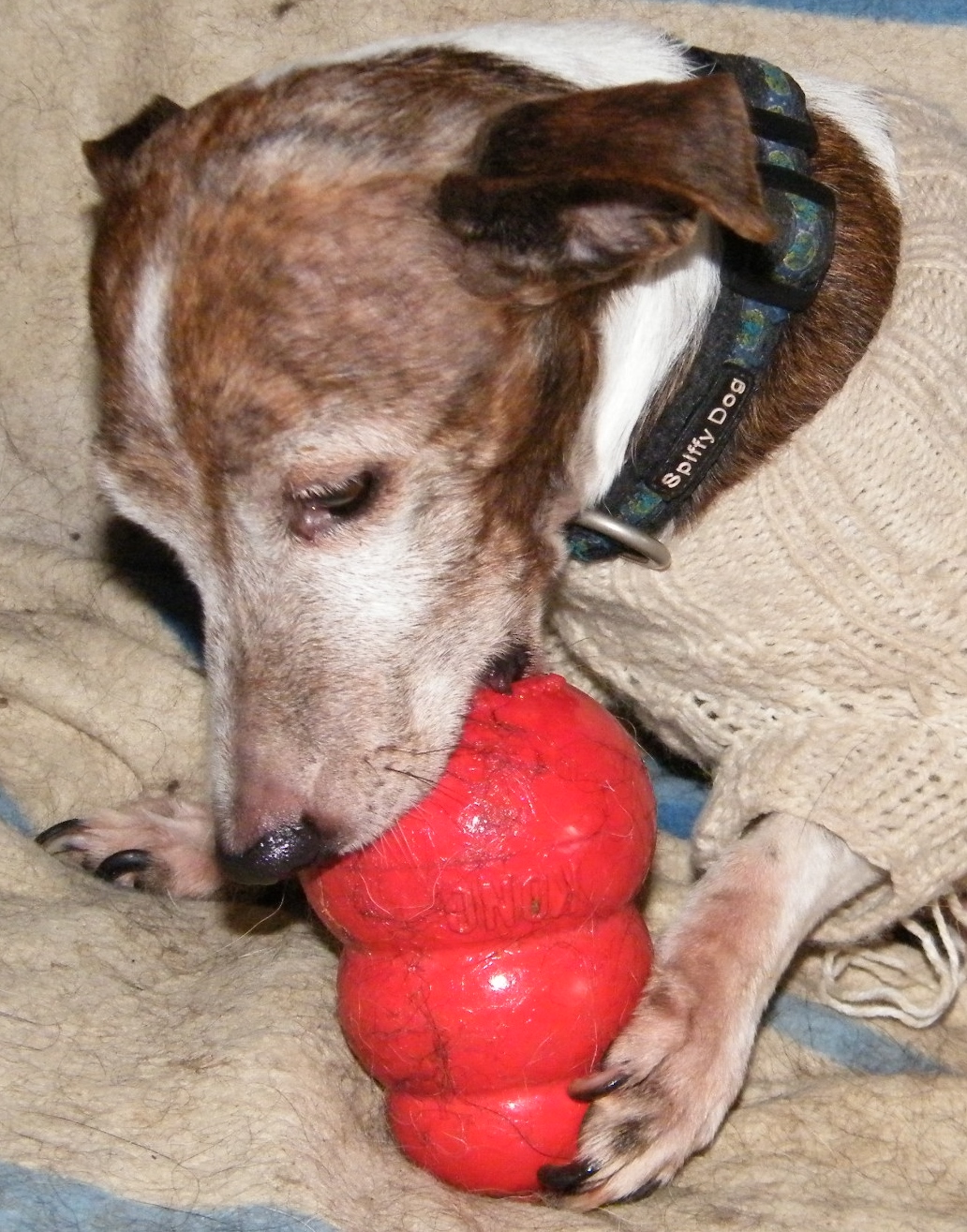 However, for some dogs, having to work for all their food causes huge frustration and this can tip over into training and may even result in behaviour problems such as food guarding appearing as well as things such as poor impulse control. We really don’t want frustration to tip over into training as it then becomes part of the behaviours that we are training (yes, emotions can be attached to behaviours during training) and when that frustration bubbles over the top, we can end up with an aggressive outburst and someone (or some dog) is going to get bitten.
However, for some dogs, having to work for all their food causes huge frustration and this can tip over into training and may even result in behaviour problems such as food guarding appearing as well as things such as poor impulse control. We really don’t want frustration to tip over into training as it then becomes part of the behaviours that we are training (yes, emotions can be attached to behaviours during training) and when that frustration bubbles over the top, we can end up with an aggressive outburst and someone (or some dog) is going to get bitten.
 Your have two critical distances around it and the size of those spaces will depend on the individual dog, and the outer one will alter with training.
Your have two critical distances around it and the size of those spaces will depend on the individual dog, and the outer one will alter with training.